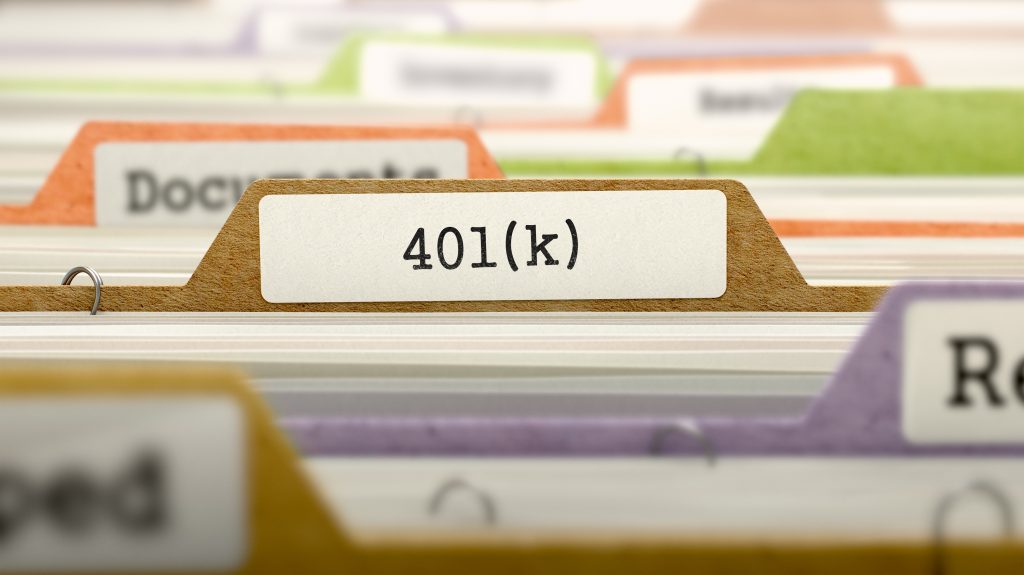401(k) Options

The immediate problems of unemployment are obvious: paying your mortgage, car payments, tuition, and daily living expenses. But you should also be paying attention to the effect on your long-term financial future. If you have a 401(k) through your former employer, you’re faced with a number of options to protect your assets, and it’s worth considering each avenue carefully as a wrong decision could be costly.
Keep your 401(k) where it is
The simplest option is to simply leave your 401(k) where it is and continue to manage your assets through your former employer. While this may be convenient, leaving your 401(k) with your old company brings with it an inflexibility that may be difficult for those dealing with the uncertainty of unemployment. If you stay with your former employer, you are bound by their policies and financial managers, meaning you’re usually better off taking your money with you.
Move your money
The second option is to transfer your 401(k) once you’ve left your old company. If you are lucky enough to find a new job right away, moving your money to your new company’s 401(k) program can offer the simplest solution. But financial experts caution that utilizing a new 401(k) program comes with new restrictions and policies that you should investigate closely before trusting someone with your assets. Another option is to roll your 401(k) into an IRA. Because IRAs don’t come with the same restrictions as 401(k)s, you will have more flexibility in how you manage and spend your money.
Dipping into the savings
No one relishes the idea of dipping into their nest egg just to get them through some lean times. But sometimes it’s the only way to get the money you need to meet your obligations. If you are considering withdrawing money from your 401(k), keep in mind that there is a 10 percent penalty for those under 59 ½ years old, or 55 years old for those recently unemployed. Early withdrawals can also be subject to standard taxation based on your income bracket, meaning your large sum of money could dwindle quickly once it leaves the bank. Dipping into your 401(k) could potentially affect your ability to collect unemployment benefits, so always double check how such financial decisions could impact your income and investment portfolio as a whole.
Below you will find additional information and resources on 401(k) options:
What to do with your 401(k) after a layoff
Withdrawing from your 401(k) when unemployed